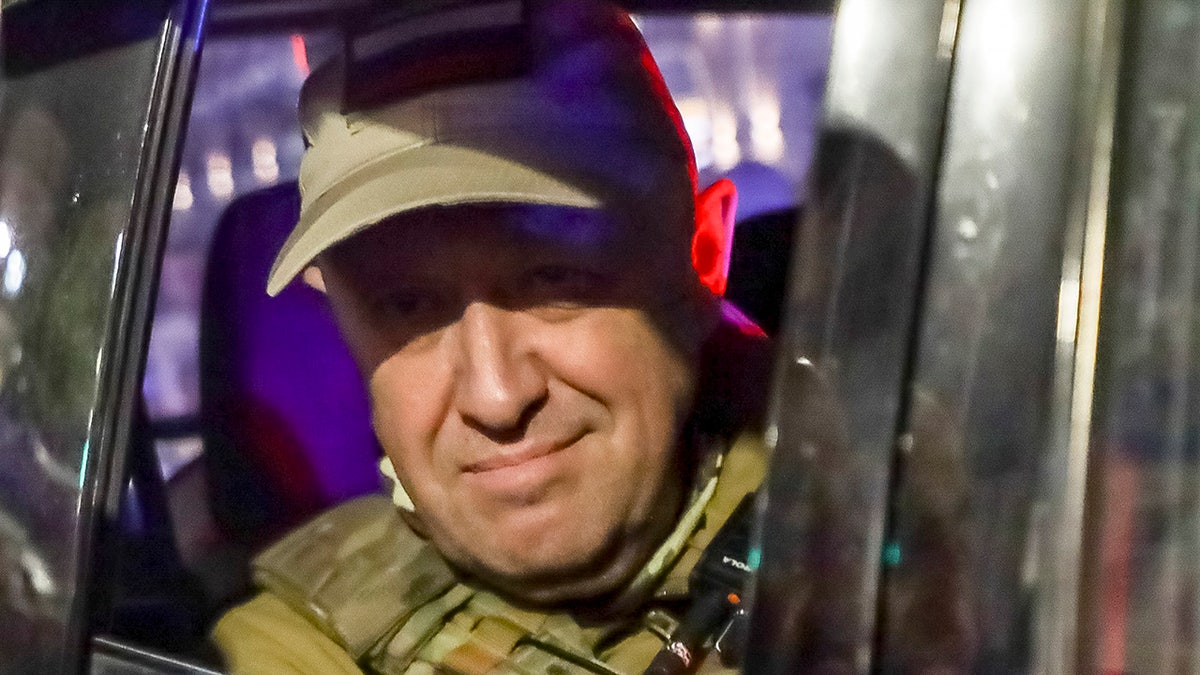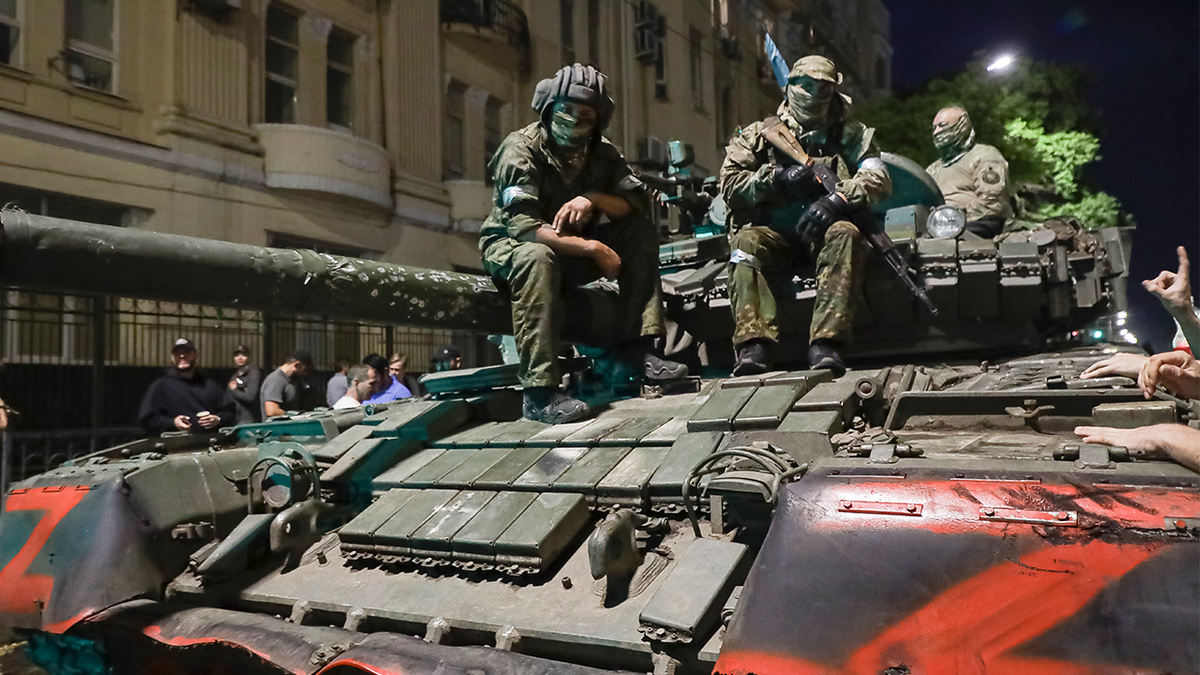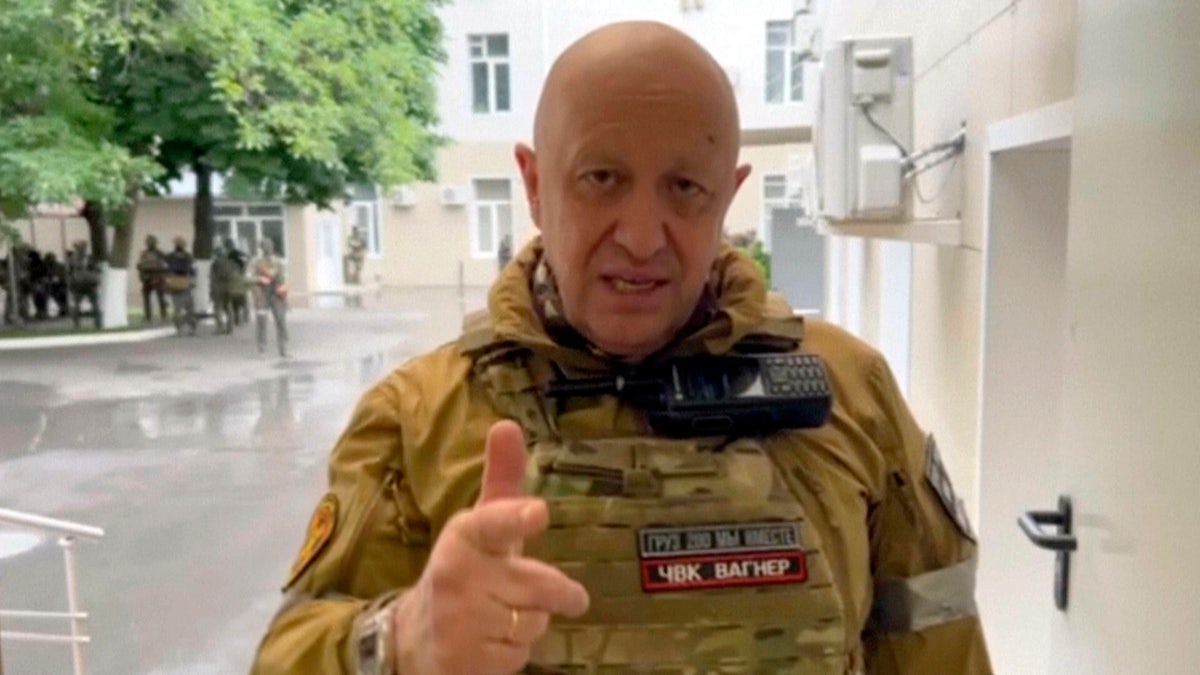Following the Wagner Group's short-lived rebellion in Russia, leader Yevgeny Prigozhin's explanations have left experts puzzled about his true intentions and the mercenary group's future. His stated goal of securing Putin's support in his dispute with Defense Minister Sergei Shoigu, specifically concerning a contract deadline that threatened Wagner's autonomy, seems insufficient to explain the drastic actions taken.
Prigozhin's video statement on Monday offered little clarity. While he claimed his goal was to avoid Russian casualties and demonstrate Wagner's value, he remained silent on his location, future plans, and the specifics of any agreement with Putin. He only acknowledged Belarusian President Lukashenko's role as a mediator.

Experts believe Putin still requires a private military entity like Wagner for operations needing "plausible deniability." Even if disbandment was considered, a replacement force would likely be necessary. Prigozhin's statement also hinted at potentially offering Wagner's services internationally, particularly to African dictatorships, emphasizing the group's combat experience and effectiveness.

Interestingly, both Prigozhin and Putin share an aversion to large-scale internal conflict. Both referenced the 1993 coup against Yeltsin and the Russian Civil War as examples of bloodshed they wish to avoid. This shared sentiment, despite their public animosity, suggests a common ground in preventing further Russian internal strife.
However, Prigozhin's gamble appears to have backfired. His strategy lacked a clear path to victory and failed to anticipate the consequences of armed rebellion. His actions have painted him as an enemy of the state, not a power broker. Going forward, Prigozhin's pronouncements should be viewed with skepticism, likely serving his own agenda. His credibility, like his future, remains uncertain.

Comments(0)
Top Comments